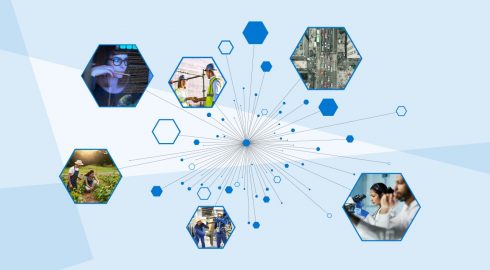
Microsoft wants to tackle a major barrier that organizations have when trying to share data: they often have to spend months or years negotiating and drawing up contracts that dictate data sharing arrangements.To help alleviate the issue, Microsoft is developing three data use agreements and hopes to add more to cover a wide range of data sharing scenarios.
RELATED CONTENT: Getting to the root of your data’s history
“Sharing data between organizations can help address some of society’s biggest challenges. There is no question that working with data in any fashion requires careful consideration of privacy and security risks, but there are clear benefits to be gained when done appropriately,” Erich Anderson, corporate vice president and chief IP counsel at Microsoft, wrote in a blog post.
The agreements are:
- Open Use of Data Agreement: Intended for use by a data provider that owns (or has sufficient rights from a data owner) to distribute data for unrestricted use.
- Computational Use of Data Agreement: Developed for use by a data provider that owns or controls data, or has assembled data from lawfully accessed, publicly available sources, and wishes to limit the use for computational purposes to be consistent with copyright laws.
- Data Use Agreement for Open AI Model Development: A set of terms suitable for governing the sharing of data by one entity with another for the purpose of allowing the second entity to use the data to ‘train’ an artificial intelligence model.
“Data innovation is a complex topic, but we should work together to make the terms used more streamlined and defined. We hope these drafts are a step in this direction,” Anderson wrote.
The company is also working with data sharing initiatives built on Azure to further fields such as industrial IoT development, ALS research and business solutions.
Other data initiatives from Microsoft include the Open Data Initiative, jointly conceived with Adobe, SAP, and others and designed to provide a single, comprehensive view of all the data from the enterprise; Answer ALS, a non-profit whose mission is to build a collection of biometric data on people living with ALS; and the Open Manufacturing Platform to drive open industrial IoT development and help grow a community to build future Industry 4.0 solutions.






